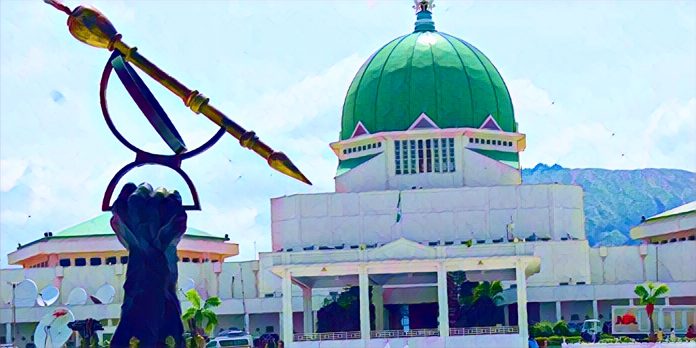KEY POINTS
- Nigeria constitution review enters final stage.
- Bills set for historic vote in state assemblies.
- Reforms aim to strengthen federalism and elections.
The National Assembly on Monday held its final and decisive retreat on the ongoing Nigeria constitution review.
Lawmakers described the meeting as the last major session before historic voting on the proposed amendments.
Senate Deputy President and Constitution Review Committee Chairman, Senator Barau Jibrin, stressed that the session was not for debate but ratification. “Our meeting today will be less deliberative… the purpose is to approve positions reached previously,” he said.
Deputy Speaker and House Constitution Review Committee Chairman, Hon. Benjamin Okezie Kalu, echoed the urgency. “This is the final retreat before the historic voting on the constitution alteration bills,” he said. “After today, we move from deliberation to decision. We move from consultation to legislative action.”
The committees previously conducted six zonal hearings, three technical retreats, and consultations with governors, political parties, civil society groups, and traditional rulers. The engagements revealed broad public demand for reforms aimed at devolving more powers to states, guaranteeing local government autonomy, strengthening state policing, improving elections, deepening fiscal federalism, and expanding gender representation.
Nigeria constitution review reaches its final legislative retreat
Barau noted that the Lagos retreat last month had already resolved most contentious issues. Only ratification and technical reporting remain. Kalu emphasized that the success of the amendments depends on the 36 State Houses of Assembly, which must approve at least two-thirds of proposals under Section 9 of the Constitution.
Governors will be briefed on Wednesday to secure state-level support and avoid political roadblocks. “This is not to undermine executive authority but to strengthen federalism and deliver the democracy Nigerians deserve,” Kalu said.
State assemblies to decide outcome of constitutional amendments
Lawmakers will harmonize sub-committee reports and present them for plenary votes.
If two-thirds of state assemblies approve the bills, Nigeria could see sweeping constitutional changes before the end of the legislative year.
Speakers were urged to return to their states as “ambassadors of reform” while federal lawmakers seize this historic moment.



